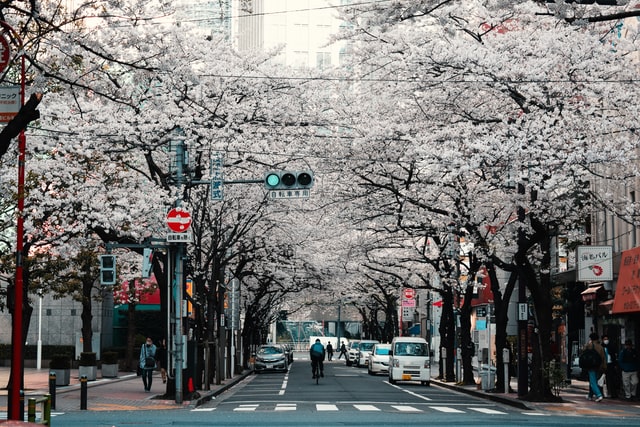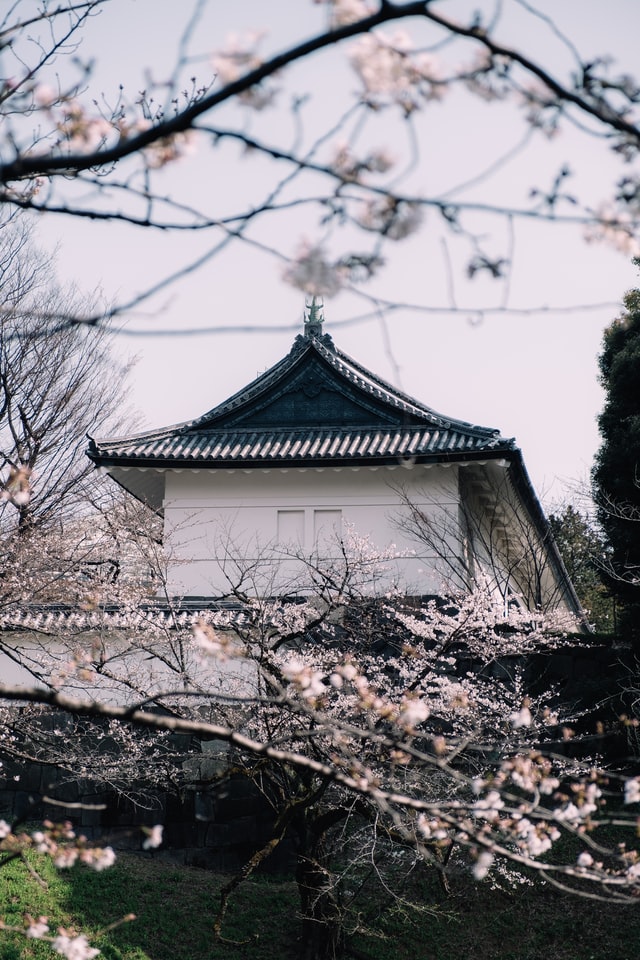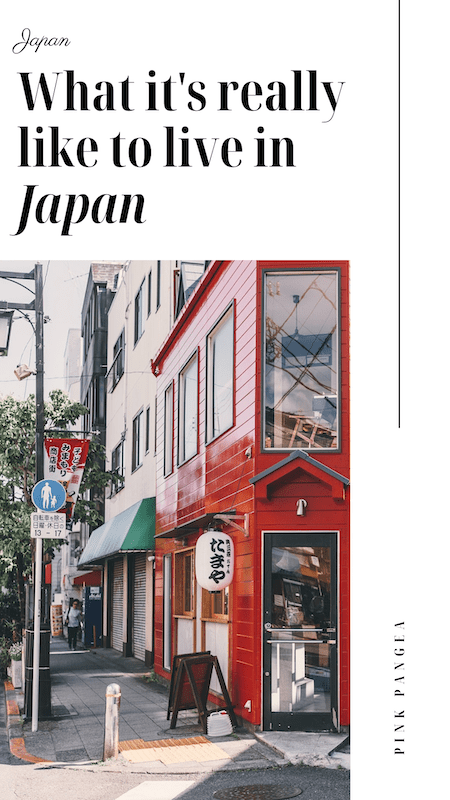On Living in Japan: In Conversation with Ariel Annon

Juggling cultural differences, adjusting to a new (longer) work schedule, and facing gender inequality would be challenging for anyone. After moving to Japan three years ago, Ariel Annon has worked in the English language learning sector as well as international culture, all the while exploring Tokyo. We had the privilege of speaking with Ariel about her experiences. The tips she shares here are a must-read for anyone considering making the move to living in Japan.
Living in Japan: In Conversation with Ariel Annon
When did you move to Japan, where exactly do you live, and what do you do?
I moved to Japan about three years ago and live in Shinjuku, Tokyo. I work for a health and lifestyle corporation called RIZAP Group, which has subsidiaries with a wide range of focuses; from weight loss to golf lessons to bowling centers. My job has always been somewhat undefined and has included editing and copywriting for advertisements, translating and creating materials for overseas branches, creating English-language curricula, and interviewing and training new hires. In general, I would say I’m a consultant, both for English language and international culture.

How have your interactions with the locals been?
It’s fairly easy to find situations where I can meet up with Japanese people, though it’s much easier to meet those who are interested in a more international scene. I’ve met a lot of Japanese people who consider themselves to be an outsider compared to their peers. The most “traditional” Japanese people I’ve met are through work. I enjoy meeting Japanese people, though I find it difficult to breach the surface and really get to know them and their inner selves, even when we’ve known each other for years.
Do you spend most of your time with them or with other expats?
I would say I spend a solid 50% of my time with each.
What have been the major cultural differences you have encountered?
The cultural differences I’ve come across are boundless. I would say some of the biggest differences I have adjusted to are the work and social life in Tokyo. The hours alone are entirely different. Sometimes I have to remind myself that in the U.S., work ended around 5 (with the last half hour being the lazier part of the day), happy hour was from 5:30-7, where you could have a drink or two with friends, then head home or meet up with someone else for dinner at a reasonable hour.
A typical day in Tokyo looks more like the workday ending at 7 if you’re lucky, then a three-hour dinner beginning at 8:30, until everyone rushes home to catch the last train around midnight. Then it’s also the way people spend their free time. I’ve realized that in the U.S., there seems to be an underlying expectation we’re all trying to meet that we have interesting hobbies and event-filled lives. When we ask our coworkers about weekend plans, an answer that you’ll “just be staying in” might mark you as a boring person with no interests. I’ve found here though that people are perfectly content with dedicating their days off to sleeping and finally cleaning or doing laundry, and that a hobby of “drinking” is enough.

In your tips article about Japan, you explained how women do not yet have the same position in society as men. Is there an effort to combat this?
I’ve read a handful of books and met numerous women who are constantly fighting to change the position of women in Japanese society. In some ways, it feels like Japan is where the U.S. was in the ’80s. It’s hard to deny that there is an effort, but it still seems like there is a long road ahead, especially when compared to European counterparts like Sweden or Norway.
The other issue is the lack of consensus on the best way to go about implementing this change. One person may think it means increasing the monetary incentive for families to have children (or “Baby Bonuses”), while others feel it has to do with lessening overtime hours for employees. Some days I’ll meet an influential female manager and feel like Japan is heading in a direction towards gender equality, but other days I’ll attend a going away party for a female coworker who is reluctantly quitting a job she loves because she’s getting married and it’s expected that she will become a stay-at-home wife and mother.
Living in Japan: In Conversation with Ariel Annon.
What do you feel your position is as a foreign woman with regard to equality?
As a non-Japanese person, I am in many ways exempt from the expectations of women in Japanese society. I will always be considered an outsider in this country, which also means Japanese people are more forgiving of my shortcomings in regards to Japanese etiquette and expectations.
How do women and men perceive you, especially in-relation to gender?
I’ve met plenty of Japanese women who are jealous of that “freedom”. When I push back, arguing that these liberties come with the price of being sneered at or constantly being treated like an “other”, it doesn’t change their perception that I am not beholden to the same familial and societal expectations they will always be burdened with. They can’t leave Japan without shirking their duties as daughters and wives. And they know that even if they wanted a different life for themselves in a different country, it wouldn’t be worth losing the community they have here.
For a lot of the older Japanese men I meet, I am still a plaything to be put there for their entertainment. They get to ask me about what I think of Japanese men and use me as a temporary escape from their burdensome wives at home (I’m talking about conversations I’ve constantly had in group settings, usually work-related events). I haven’t really had many conversations with younger Japanese men outside of the more international crowd, so I can’t say I truly know what Japanese men my age think of me as a foreign woman.
Any advice for women considering moving to Japan?
As a first world country, Japan is fairly low on the charts when it comes to gender equality, but this doesn’t necessarily mean the day-to-day lives of women–especially non-Japanese women–in Japan are oppressive or disheartening. Most of the negative experiences I’ve had from being a foreign woman in Japan have been accumulated over the course of years, and not anything I would have noticed if I had only been here for a few months. That being said, I’m sure there are things I have yet to experience that someone who has been here for 15 or 20 years could tell you more about.
I’m starting to lose track of the number of men who I helped to hire that are now being promoted to be my boss for no reason that I can see except that they are men. I can already see the way my career has been negatively impacted due to sexism in the workplace, unconscious or not.

That being said, Japan truly is a very safe country that has been amazing to explore. I would never worry about being a solo female traveler all around Japan, and I certainly never worry about walking home at midnight on the streets of Tokyo. To be honest, there’s more to overcome being a “foreigner” in general in Japan than being a woman. And as with any country, there are scores of people who believe in pushing Japan to be a more welcoming, international country. You’ll find people who want to talk about the lesser-discussed issues in Japan, like LGBTQ rights and women’s equality in the workplace, you just have to look in the right places.
Photos for Living in Japan: In Conversation with Ariel Annon by Unsplash.








